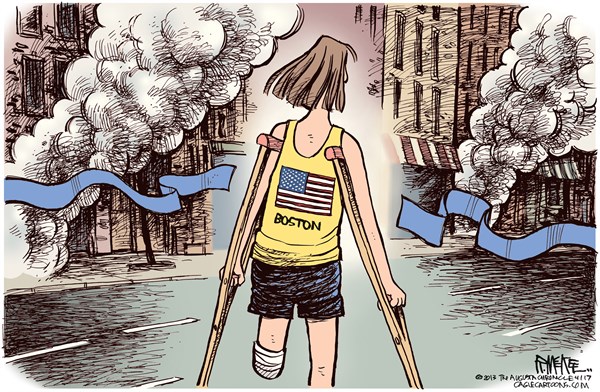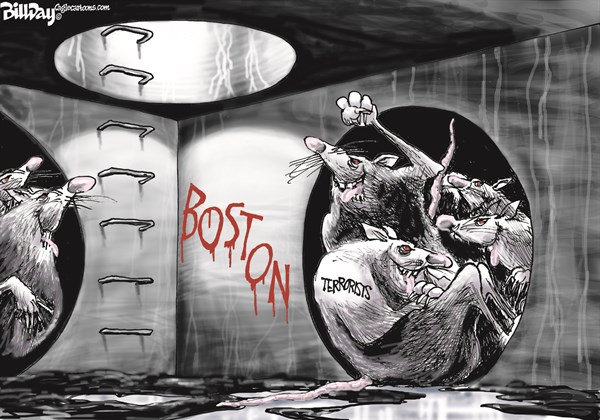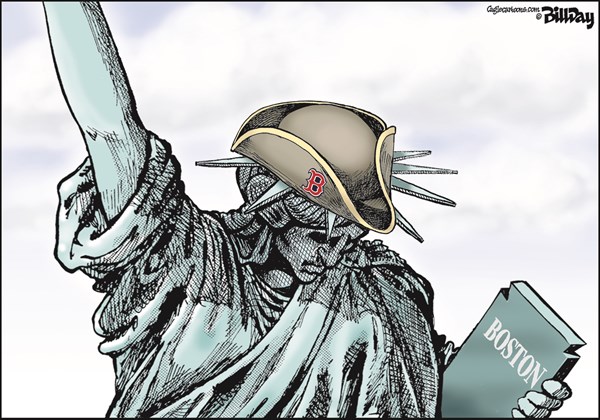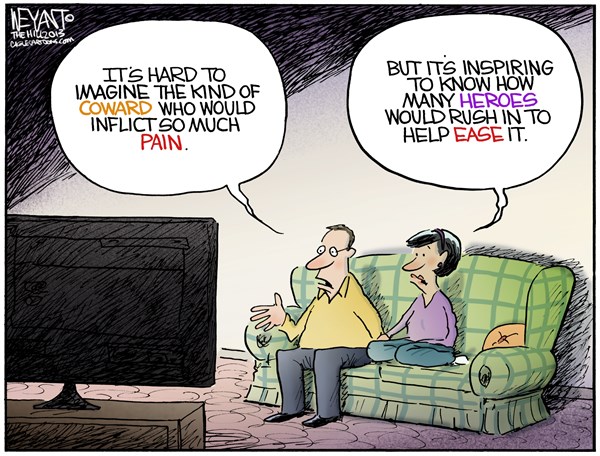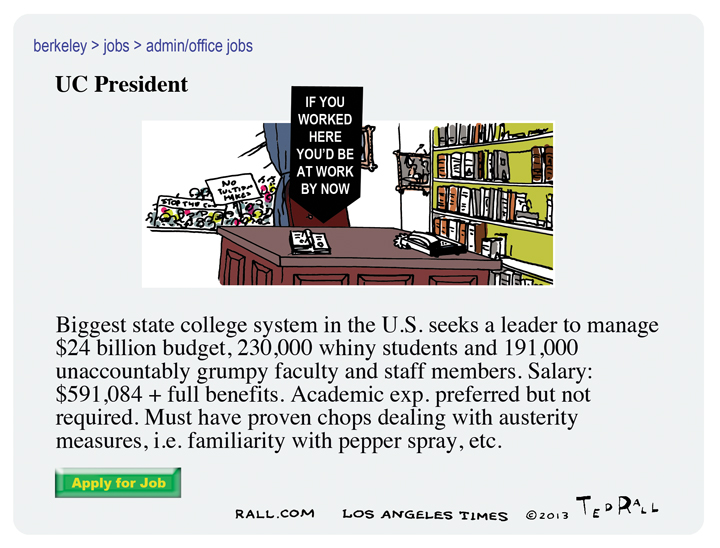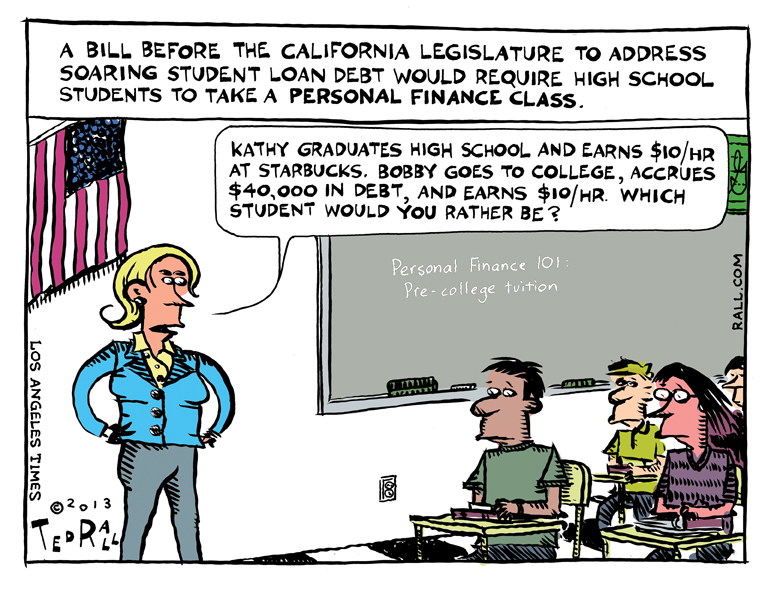Note: the following relates to a rapidly developing breaking story. At this point, there is a lot of speculation and a lot of reliance on official government reports which, as we know, are not always reliable.
According to media accounts based on police reports, the surviving suspect in the Boston Marathon bombings is a 19-year-old man named Dzhokhar A. Tsarnaev, a resident of Boston who lived in the former Central Asian Republic of Kyrgyzstan and may or may not be Chechen in origin. He identifies himself as a Muslim.
In anticipation of media queries due to his Central Asian origin, I thought I would post the following impressions and thoughts about his possible motivations.
Obviously no one knows, if in fact he is guilty, what his motivation was for helping his brother to set off bombs at the Boston Marathon on Monday. That said, a lot of people are unfamiliar with Kyrgyzstan so I thought I would set up a little bit of light on the subject since I have been there many times and have studied Central Asia, its politics and culture.
Generally speaking, Kyrgyzstan is divided between its secular Sovietized North, centered around the capital of Bishkek, and its conservative Muslim south, centered around the Fergana Valley city of Osh. Throughout the 1990s and the early 2000s, the Kyrgyz Republic represented one of the great hopes for democratization in former Soviet Central Asia. It had a flawed but democratically elected president, one of the least corrupt police forces in the region, and was relatively peaceful. Largely it was free of Western influence because it did not have oil or natural gas reserves coveted by Russia or the United States. Therefore, it did not suffer from the famous oil curse.
In recent years the most important political development in Kyrgyzstan was the 2005 Tulip Revolution, which saw radical Islamist insurgents and financed by the American CIA and based around Osh topple the regime of Pres. Akayev, who fled into exile rather than order his security forces to fire upon his people. Nobody can be 100% certain why the United States decided to repeat the same mistakes that it made in Afghanistan during the 1980s, but it isn’t a huge stretch to assume that the fact that Akayev was demanding increased rent on the US air base at Manas that was established after the 9/11 attacks may have had something to do with it.
Since 2005 the political situation in the Boston suspect’s homeland has deteriorated. Some analysts consider it nearly a failed state. Certainly the central government has lost control of much of the South. For example, when I tried to cross from Tajikistan into southeastern Kyrygzstan at Sary Tash in 2008, border guards informed me that they had not heard from Bishkek in years. In fact, they no longer even had a passport stamp. It was very clear that local warlords were in charge of mining and other concerns there.
Radical Islamists, always active in the southern part of the country, have become emboldened since 2005. One insurgent group, the Islamic Movement of Turkestan, formerly known as the Islamic Movement of Uzbekistan, has attracted self radicalized Muslims from all over the world, including a substantial faction from Chechnya. Chechnya, well-informed readers will recall, was destroyed by forces under the direction of Russian Federation president Boris Yeltsin. While we in the West may have forgotten this episode, Chechens are well known as ferocious fighters who never forget a grudge. Jihad is alive and well for them.
Why did Mr. Tsarnaev blowup the marathon? Assuming, of course that he did?
It may well be that his trajectory as an ethnic Chechen brought him into contact with radical Muslims in Kyrgyzstan. Although it seems like a stretch for Americans, Muslims around the world often see America and Russia acting in concert. It would then be another logical leap to attack America here – yes, including attacking innocent civilians, because after all, Russia attacks innocent civilians in Muslim countries and in places like Chechnya, and the United States does so in other places like Afghanistan and Pakistan.
Of course, all of this is conjecture.
Anyone interested in a broader look at the Soviet legacy in Central Asia, including countries like Kyrgyzstan, may be interested in checking out my book “Silk Road to Ruin: is Central Asia the new Middle East?”
Media may contact me via the contact form at rall.com.
As of 10:45 AM: this is an update.
So there is also a conflicting report that the brothers lived in Kazakhstan after leaving Chechnya in the early 2000s. The political situation in Kazakhstan could not be more different than in Kyrgyzstan. Although the two countries are closely related ethnically, and many many Kyrgyz live in Kazakhstan, Kazakhstan is the beneficiary of one of the biggest oil booms in the history of mankind. The economy is booming, although oil wealth has not been shared. Also, Kazakhstan is ruled by an authoritarian dictator, Nursultan Nazarbayev, a US ally who has run the country since independence in 1991 and was a former Soviet party boss. He is ruthless – he is even accused of executing rival presidential candidates months before an election – but he hasn’t had much of an Islamic insurgency to deal with, unlike neighboring Central Asian republics. If in fact the brothers are from Kazakhstan, they probably did not have the opportunity to meet many radical Islamists.




